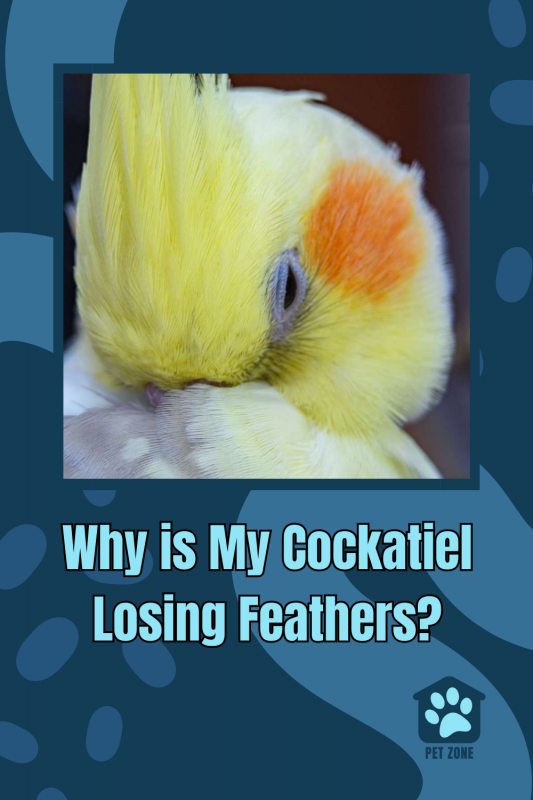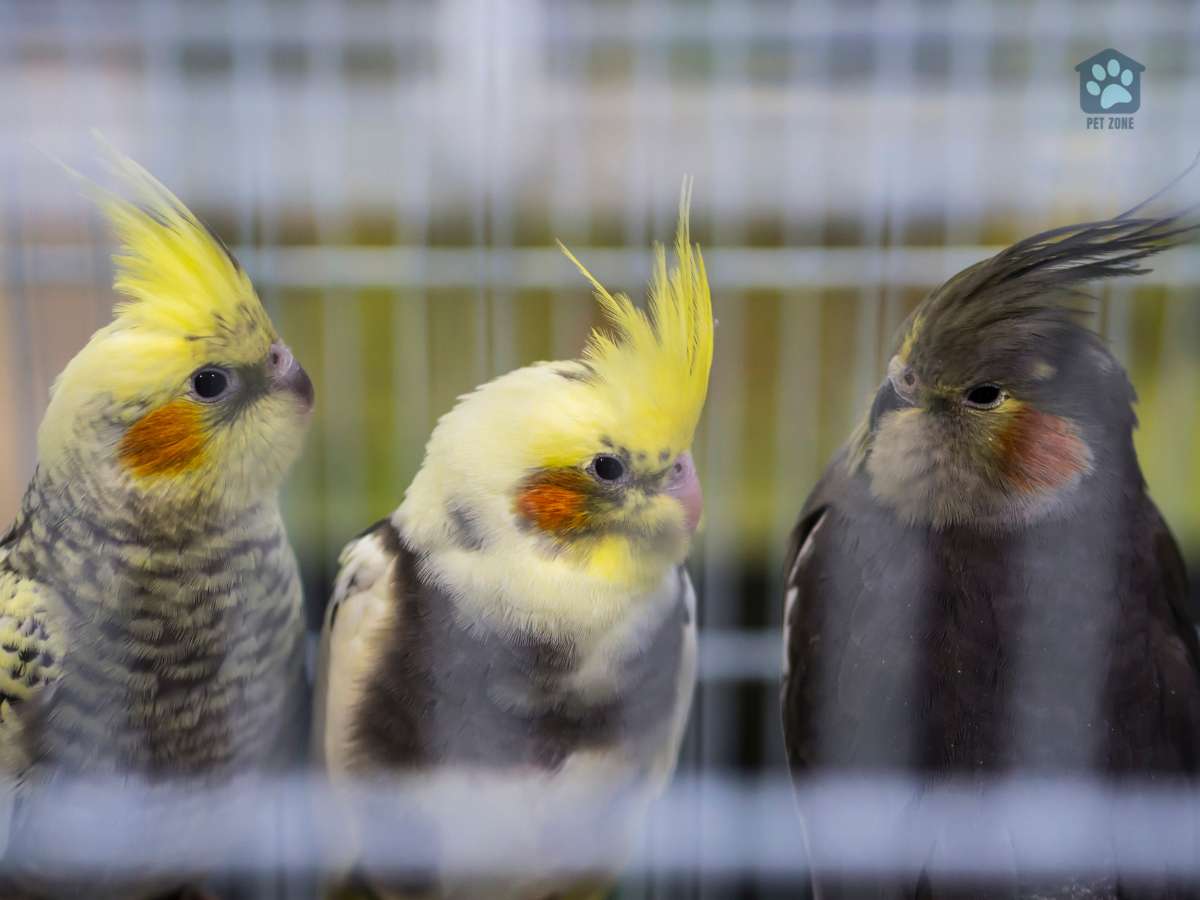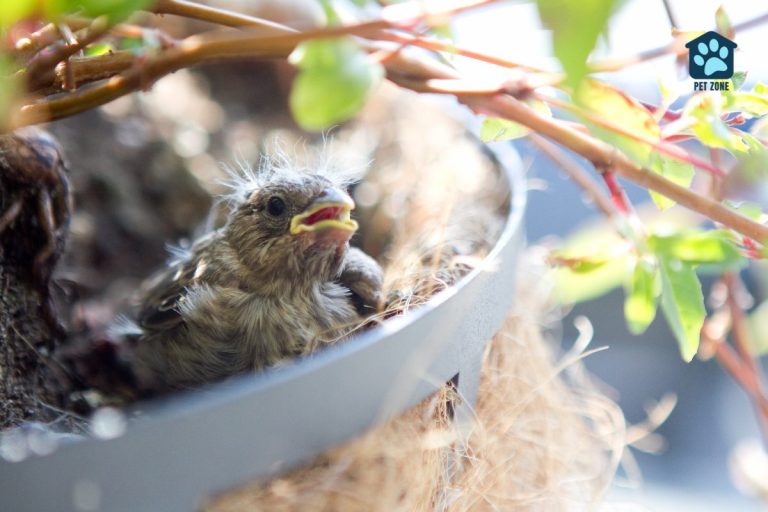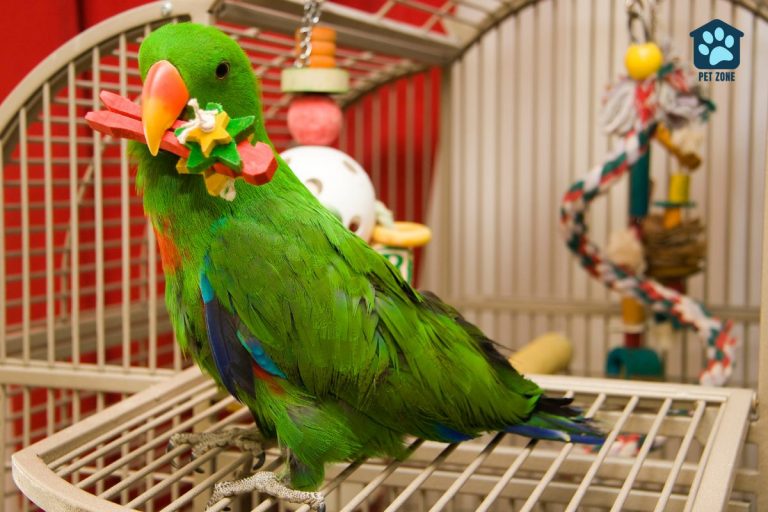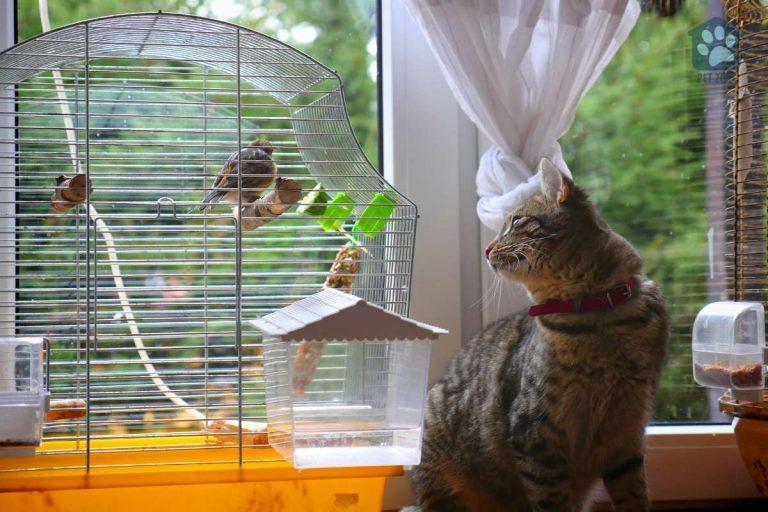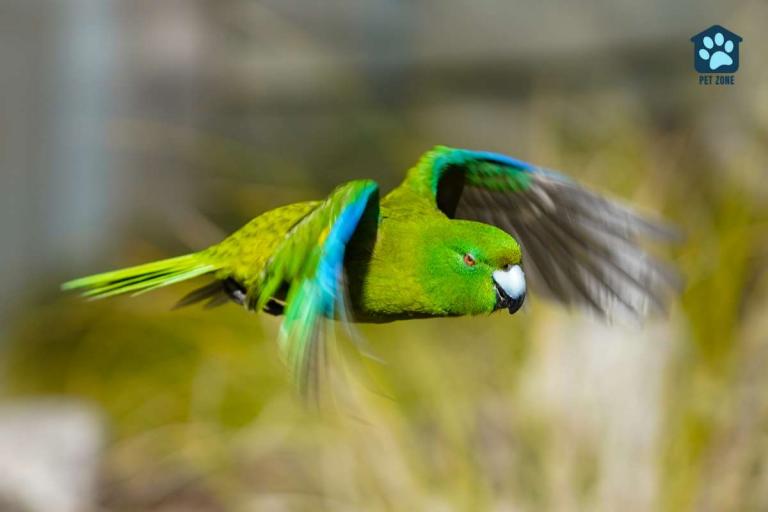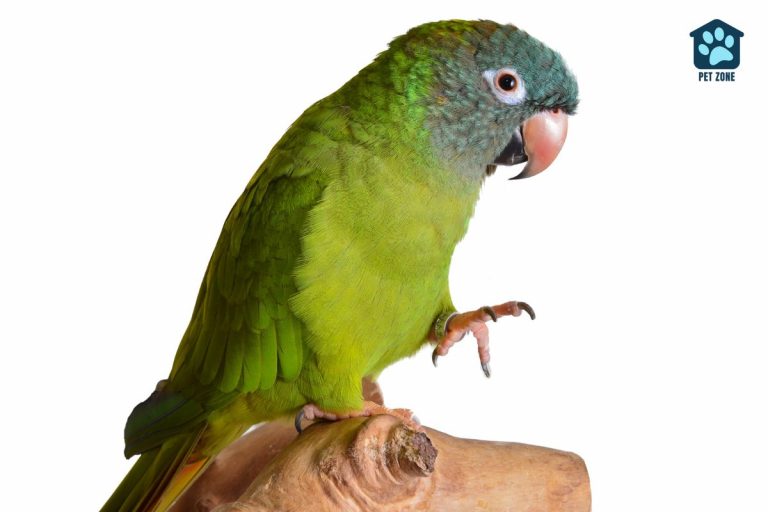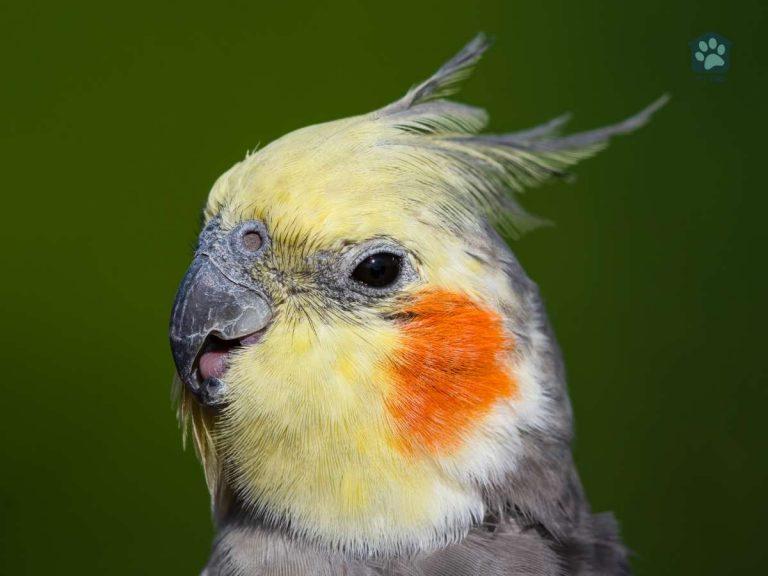If you have noticed your bird is losing feathers, you may be wondering what is causing this. Feather loss can be a natural process, but it can also be an indication of underlying health issues or environmental factors. It’s important to understand the potential causes of feather loss to provide appropriate care for your feathered friend.
Your cockatiel may be losing its feathers due to molting, stress, dietary deficiencies, illness, environmental factors, or behavioral issues such as feather plucking. Each of these factors requires a different approach to address the underlying cause and promote healthy feather regrowth.
In the following sections, we will explore a variety of reasons why your cockatiel may be losing its feathers and provide tips and remedies to support healthy feather regrowth. By understanding the underlying cause and following appropriate care, you can help your cockatiel maintain optimal feather health and overall well-being.
Key Takeaways:
- The loss of feathers can be natural or an indication of underlying health issues or environmental factors.
- Understanding the potential causes is key to providing appropriate care for your cockatiel.
- Common causes of feather loss include molting, stress, dietary deficiencies, illness, environmental factors, or behavioral issues such as feather plucking.
- Each cause requires a different approach to address the underlying issue and support healthy feather regrowth.
Molting: A Natural Process
Cockatiels molt, like all birds, as a natural process of feather replacement. Molting periods can occur at any time, but most often take place during the spring and fall. During this phase, your cockatiel will lose old or damaged feathers and grow new ones to maintain optimal feather health.
Molting is a gradual process that can take weeks or even months to complete. As new feathers grow in, old feathers will fall out. This is a normal occurrence, and you may notice an increase in feathers around your cockatiel’s cage during this period.
If you notice feather loss during molting, do not be alarmed. This is a natural process and is not a cause for concern unless it is excessive or abnormal. It’s essential to differentiate between molting and abnormal feather loss to provide appropriate care.
Tip: Ensure your cockatiel has access to water for bathing during molting, which can help to ease the process and promote healthy feather growth.
Molting vs. Abnormal Feather Loss
During molting, feather loss is gradual and typically not noticeable unless you observe individual feathers falling out. Abnormal feather loss, on the other hand, is typically more rapid and noticeable. This could be a sign of an underlying health issue or a behavioral problem.
If you notice that your cockatiel is losing feathers outside of the normal molting process, consult with a veterinarian specializing in avian care. They can help diagnose the underlying cause and provide appropriate treatment.
Tip: It’s crucial to provide a balanced diet and a clean environment to ensure optimal feather health during molting and throughout your cockatiel’s life.
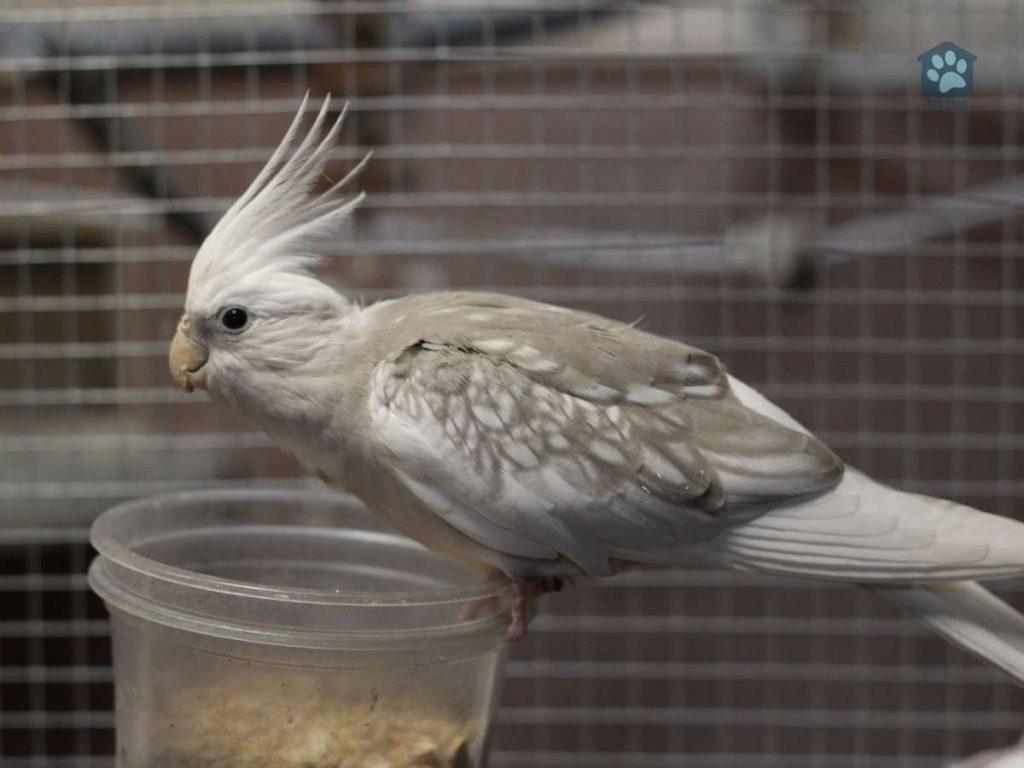
Stress and Cockatiel Feather Loss
Feather loss in pet birds, including cockatiels, can often be caused by stress. As a pet parent, it’s essential to understand the potential sources of stress in your bird’s environment to help promote healthy feather growth and prevent further feather loss.
Common stressors for cockatiels can include changes in their surroundings, a lack of mental stimulation, and improper handling. For example, if you’ve recently moved your bird’s cage to a new location or introduced new pets into the household, your cockatiel may experience stress that can manifest as feather loss.
To help reduce stress levels, make sure your bird’s cage is located in a quiet, peaceful area of your home away from loud noises or other pets. Provide plenty of toys and activities to keep your bird mentally stimulated, and spend time interacting with your bird each day to strengthen your bond.
If your cockatiel is exhibiting signs of stress, such as feather plucking or restlessness, consider consulting with a veterinarian specializing in avian care. They can provide advice on how to minimize stress and promote healthy feather growth.
Additionally, there are several home remedies and treatments that may help improve feather health in cockatiels. Providing a daily misting of water to increase humidity levels can help prevent dry skin and feather breakage. Regularly grooming your bird can also help distribute natural oils, promoting healthy feather growth.
It’s essential to address any stressors in your bird’s environment promptly to prevent further feather loss and ensure your cockatiel’s overall well-being. By providing a safe, stimulating environment and seeking professional advice when necessary, you can help your cockatiel maintain healthy feather growth and optimal feather health.
Dietary Factors and Feather Loss
A balanced and nutritious diet is crucial for maintaining healthy feathers in your cockatiel. Your pet bird’s feather loss may be due to a lack of essential vitamins, minerals, and proteins. Ensuring that your cockatiel’s diet is varied and well-balanced can prevent feather loss and promote healthy feather growth.
It is important to provide your cockatiel with a variety of fresh fruits, vegetables, and nuts to meet their nutritional needs. A diet consisting mainly of seeds can lead to dietary deficiencies, including calcium and vitamin A deficiencies that can cause feather loss. Consider providing a high-quality pelleted diet that is specially formulated for cockatiels to ensure proper nutrition.
If your cockatiel is experiencing feather loss, it may be necessary to supplement their diet with additional vitamins and minerals. Supplements like calcium, vitamin A, and vitamin E can promote healthy feather regrowth. Consult your veterinarian for advice on the appropriate supplements for your cockatiel, as excessive supplementation can be harmful.
It is also essential to ensure that your cockatiel has access to clean and fresh water at all times. Dehydration can lead to brittle and dry feathers, causing them to break or fall out. Avoid providing your cockatiel with water sources that contain chlorine, as it can be harmful to their feather health.
Illness and Feather Loss in Cockatiels
If you notice abnormal feather loss in your cockatiel, it could be a symptom of an underlying health issue. Some common illnesses and diseases that can cause feather loss include infections, parasites, or hormonal imbalances.
If your cockatiel is excessively picking or plucking its feathers, it may be a behavioral issue known as feather plucking. This can be caused by stress, boredom, anxiety, or attention-seeking behavior.
If you suspect that your cockatiel is suffering from an illness or behavioral issue, seek professional veterinary assistance immediately. Avian veterinarians specialize in bird care and can diagnose and treat the underlying cause of feather loss.
It’s crucial to address the underlying cause of feather loss and to provide appropriate care to promote feather regrowth. Additionally, supporting your cockatiel’s overall health with a nutritious diet, regular exercise, and a stimulating environment can prevent future feather loss.
Always observe your cockatiel’s behavior and feather condition closely and seek veterinary assistance if necessary.
Environmental Factors and Feather Loss
The environment in which your cockatiel lives can greatly impact its feather health. There are several factors that could contribute to feather loss in your cockatiel, including:
- Inadequate humidity levels
- Drafty cages
- Exposure to toxins
- Lack of sunlight
If your cockatiel’s environment is too dry, it can cause their skin to become dry and itchy, leading to excessive preening and feather plucking. Similarly, if their cage is positioned in a drafty area, it can cause stress and discomfort, which can lead to feather loss.
Exposure to toxins is another potential environmental factor that can cause feather loss. Common household cleaning products, fumes from non-stick cookware, and even scented candles can emit harmful chemicals that can be toxic to birds. It’s important to be aware of potential toxins in your home and take steps to minimize your cockatiel’s exposure.
Finally, lack of sunlight can cause a deficiency in Vitamin D, which is crucial for healthy feather growth. Cockatiels require exposure to natural sunlight or a full-spectrum UVB light source to maintain optimal feather health.
Tips for Creating a Safe and Comfortable Environment for Your Cockatiel
To create a safe and comfortable environment for your cockatiel, consider the following tips:
- Maintain ideal humidity levels in your cockatiel’s room or cage
- Place your cockatiel’s cage in a draft-free area
- Avoid using toxic cleaning products or chemicals around your bird
- Provide natural sunlight or a full-spectrum UVB light source for your bird
By taking these simple steps, you can create an environment that promotes healthy feather growth and minimizes the risk of feather loss in your cockatiel.
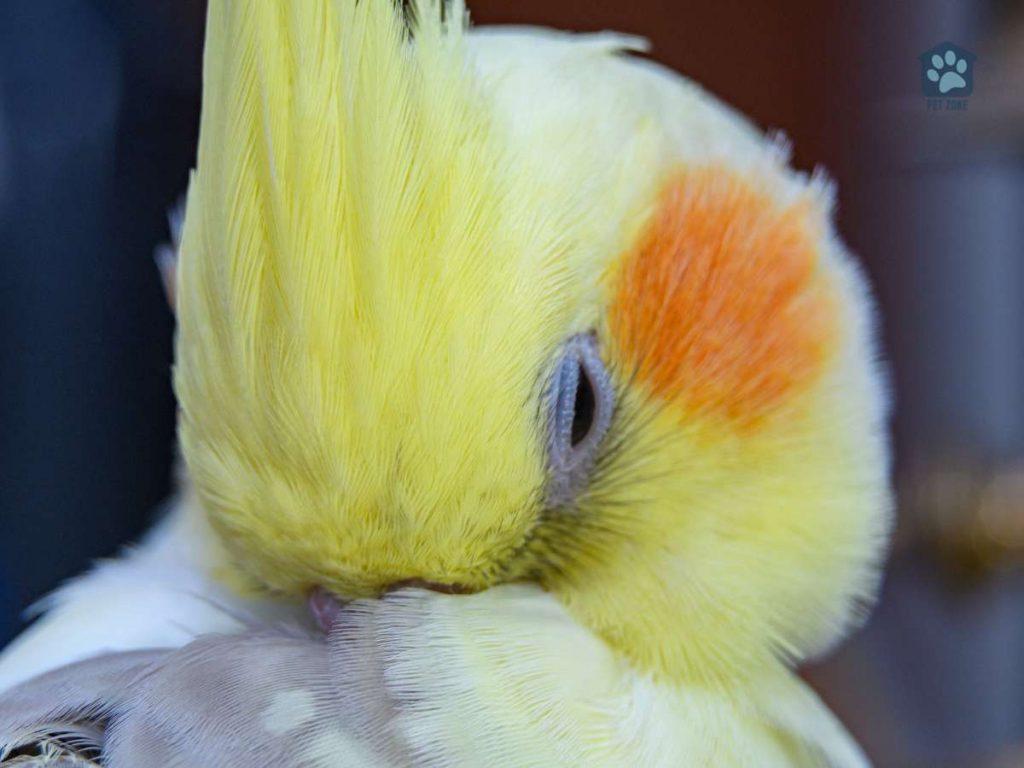
Feather Plucking: A Behavioral Issue
Feather plucking is a common behavioral issue among cockatiels that can lead to extensive feather loss. It’s important to recognize the signs of feather plucking early on and take remedial action to prevent further damage to your cockatiel’s feathers.
Parrots that pluck their feathers will often spend a lot of time preening and pecking at their feathers, sometimes even to the point of causing open wounds or bald spots. Feather plucking can be caused by a variety of factors including boredom, anxiety, illness, or attention-seeking behavior.
To address this behavior, it’s important to first identify and address the root cause of why your cockatiel is plucking. If it’s due to boredom, provide plenty of toys, perches, and mental stimulation to keep your bird occupied. If anxiety is the issue, try to create a calm and supportive environment, with plenty of natural light and space to move around.
In some cases, your cockatiel may be plucking feathers to get attention. In this case, it’s important to give your bird plenty of social interaction and positive reinforcement for good behavior.
It’s important to note that feather plucking can sometimes be the result of an underlying health issue. If your cockatiel’s feather plucking behavior persists despite your best efforts, it’s important to consult a veterinarian specializing in avian care to rule out any underlying health conditions.
By taking proactive steps to address feather plucking and provide a healthy and stimulating environment for your cockatiel, you can help prevent further feather loss and ensure your bird’s overall well-being.
Preventive Measures for Feather Loss
The best way to prevent feather loss in cockatiels is to provide proper care and attention to their feather health. Here are some preventive measures you can take:
Grooming
Regular grooming is crucial for maintaining feather health and preventing feather loss. This includes trimming nails, beaks, and wings, as well as bathing your cockatiel to keep their feathers clean and moisturized. Use a gentle bird shampoo and rinse thoroughly with lukewarm water.
Environment
Ensure your cockatiel’s cage is in a draft-free area, away from direct sunlight and extreme temperatures. Keep the cage clean and provide plenty of mental stimulation and exercise opportunities. Providing a humidifier or misting their feathers with water can also promote feather health.
Diet
A balanced diet is crucial for maintaining healthy feathers in cockatiels. Provide a varied diet that includes fresh fruits, vegetables, and high-quality pellets, as well as occasional treats like seeds or nuts. Avoid feeding your cockatiel any toxic foods like avocado or chocolate.
Observation
Regularly observe your cockatiel for any changes in feather condition or behavior. Any abnormal feather loss or plucking should be addressed immediately with a veterinarian specializing in avian care.
By following these preventive measures, you can minimize the risk of feather loss in your cockatiel and ensure they maintain optimal feather health.
Seeking Veterinary Assistance
If your cockatiel continues to experience abnormal or excessive feather loss, it is crucial to seek professional advice from a veterinarian specializing in avian care. Feather loss can be a symptom of underlying health issues that require immediate attention to prevent further complications.
A specialist can perform a physical examination to determine potential causes of feather loss, such as infections, parasites, or hormonal imbalances. They may also recommend additional tests to identify the underlying issue. With their expertise, they can provide appropriate treatment and medications to restore your cockatiel’s feather health.
Early intervention is key in treating abnormal feather loss in cockatiels. Be sure to observe any changes in your cockatiel’s feather condition and seek veterinary assistance promptly if necessary. By working with a specialist, you can ensure the best possible care for your feathered friend.
Supporting Feather Regrowth
If the underlying cause of feather loss in your cockatiel has been addressed, you can take steps to support healthy feather regrowth. Here are some remedies that can help:
- Dietary supplements: Providing your cockatiel with a balanced diet that includes essential vitamins and minerals can promote feather growth. Consider adding a multivitamin supplement, such as a liquid calcium supplement, to your bird’s diet.
- Grooming: Regular grooming can stimulate feather production in cockatiels. You can use a soft-bristled brush to gently brush your bird’s feathers, which can help remove dead skin cells and promote blood flow to the feather follicles.
- Environmental adjustments: Ensuring that your cockatiel’s habitat is clean and comfortable can also promote healthy feather growth. Be sure that your bird has access to fresh water and a humidifier if needed to maintain adequate humidity levels.
It’s important to note that regrowing feathers can take time, and new feathers may not match the old ones in color or shape. Be patient as your bird’s feathers naturally grow and molt.
Maintaining Feather Health in Cockatiels
To maintain the feather health of your cockatiel, it’s important to follow a few key steps. First and foremost, provide your cockatiel with a balanced diet that includes essential nutrients such as protein, vitamins, and minerals. A diet that lacks essential nutrients can lead to feather loss and other health issues.
Regular check-ups with a veterinarian specializing in avian care can also help identify any potential health issues before they become serious. Additionally, regular grooming and bathing can help keep your bird’s feathers healthy and free from debris.
Exercise and mental stimulation are also essential to maintaining feather health in cockatiels. Provide plenty of toys and activities to keep your bird engaged and active. This can include things like puzzles, swings, and ladders to climb.
Finally, be observant of any changes in feather condition or behavior. Any sudden changes could signal an underlying health issue that requires veterinary attention.
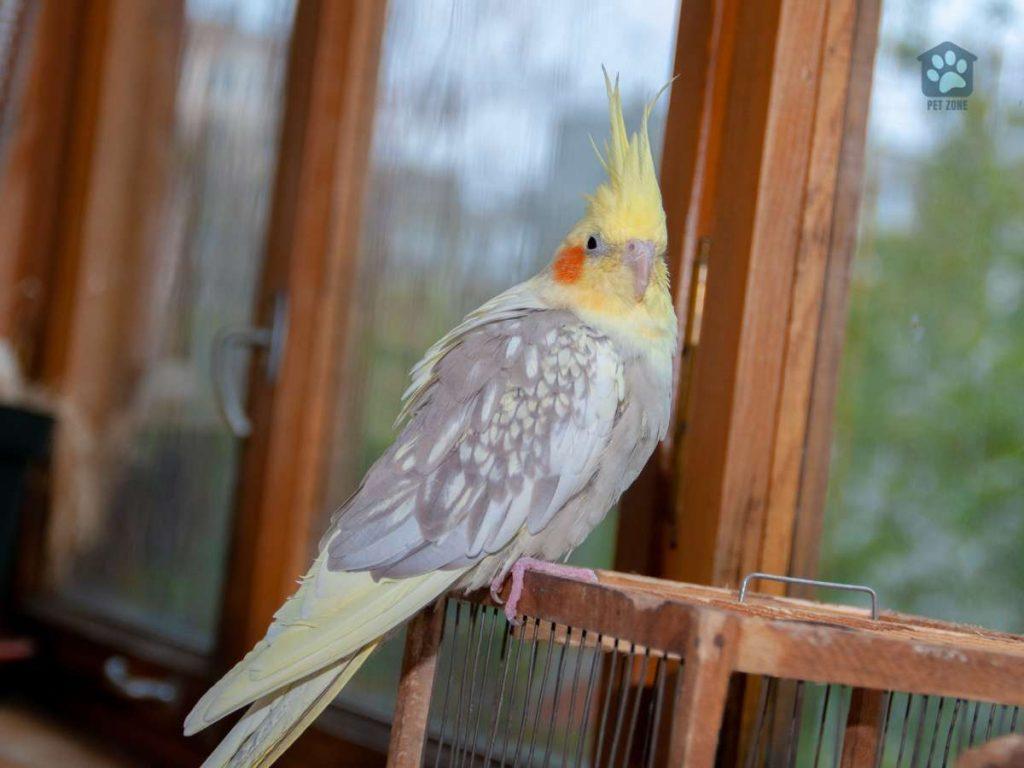
Conclusion
Feather loss can be a concerning issue for any bird owner. However, understanding the possible causes and taking appropriate measures can help promote healthy feather growth and overall well-being for your feathered friend.
Remember to keep an eye out for any signs of abnormal or excessive feather loss, and seek professional veterinary assistance if needed. Providing a stimulating and safe environment, maintaining a balanced diet, and practicing regular grooming can go a long way in preventing feather loss in your cockatiel.
By following the preventive measures outlined in this guide and seeking professional help when needed, you can ensure that your cockatiel’s feathers remain healthy and vibrant.
FAQ
Q: Why is my cockatiel losing feathers?
A: Feather loss in cockatiels can have various causes, including natural molting, stress, dietary factors, illness, environmental factors, feather plucking, or a combination of these. It’s important to identify the underlying cause to provide appropriate care.
Q: What is molting?
A: Molting is a natural process in which birds shed their feathers and grow new ones. It can cause temporary feather loss in cockatiels, but it is generally a normal part of their lifecycle.
Q: Can stress cause feather loss in cockatiels?
A: Yes, stress can be a significant factor in feather loss for cockatiels. Changes in the environment, lack of mental stimulation, and improper handling can all contribute to stress and subsequent feather loss. Providing a stress-free environment is important for feather health.
Q: How does diet affect feather loss in cockatiels?
A: A balanced and nutritious diet is crucial for maintaining healthy feathers in cockatiels. A lack of essential vitamins, minerals, and proteins can lead to feather loss. Providing a varied diet that meets their nutritional needs is essential.
Q: Can illness cause feather loss in cockatiels?
A: Yes, feather loss can be a symptom of underlying health issues in cockatiels. Infections, parasites, hormonal imbalances, and other illnesses can all cause feather loss. Identifying and treating the underlying illness is crucial for restoring feather health.
Q: What environmental factors can contribute to feather loss in cockatiels?
A: Inadequate humidity levels, drafty cages, exposure to toxins, and other environmental factors can impact feather health in cockatiels. Creating a safe and comfortable environment is important to prevent feather loss.
Q: What causes feather plucking in cockatiels?
A: Feather plucking is a behavioral issue that can lead to extensive feather loss in cockatiels. Boredom, anxiety, and attention-seeking behavior are common causes. Preventing and addressing feather plucking requires identifying the underlying cause and providing appropriate enrichment and stimulation.
Q: How can I prevent feather loss in my cockatiel?
A: Taking proactive measures such as regular grooming, maintaining a clean and stimulating environment, and providing a balanced diet can help prevent feather loss in cockatiels. Following these preventive measures is essential for maintaining feather health.
Q: When should I seek veterinary assistance for feather loss in my cockatiel?
A: If your cockatiel continues to experience abnormal or excessive feather loss, it is important to consult a veterinarian specializing in avian care. Professional advice is crucial in diagnosing and treating underlying health issues that may be causing feather loss.
Q: How can I support feather regrowth in my cockatiel?
A: Once the underlying cause of feather loss has been addressed, there are practical tips and remedies that can promote healthy feather regrowth in cockatiels. These may include dietary supplements, specialized grooming techniques, and environmental adjustments.
Q: How do I maintain feather health in my cockatiel?
A: Regular check-ups, maintaining a balanced diet, providing mental stimulation and exercise, and observing any changes in feather condition are all important for maintaining long-term feather health in cockatiels.
As an Amazon Associate I earn from qualifying purchases.
